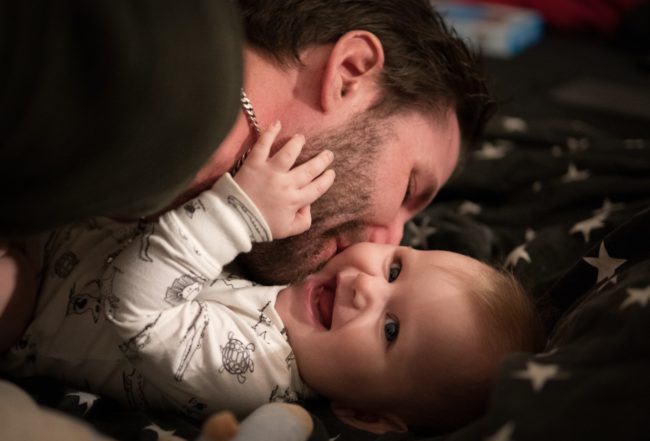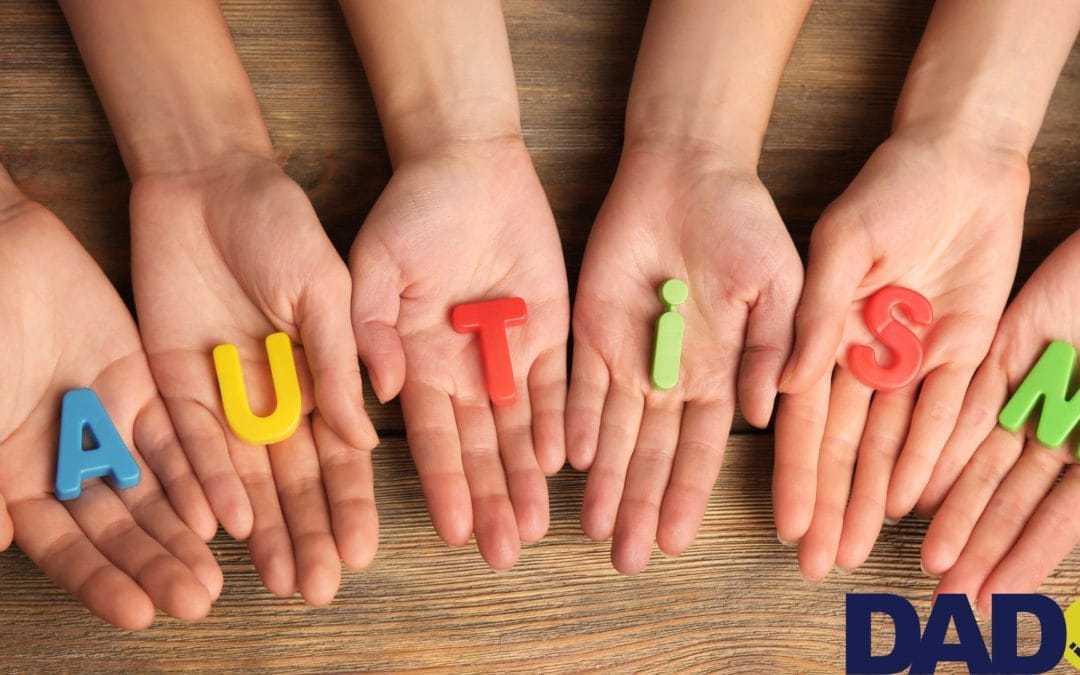
A new survey carried out by the Fatherhood Institute has exposed how UK postnatal services fail to recognise and care for dads.
The review studied 800 pieces of research into fathers and fatherhood in the first year. The result showed that dads are unsupported and failed by NHS maternity, health visiting and other postnatal services.
How dads are let down
From the outset, fathers are not considered by health services. Health records for babies in the UK only allow the associated record for one adult- the mother. Any records for fathers are held entirely separately and cannot be connected to their family in any way that allows for birth-related research.
Furthermore, fathers have no status as patients of maternity or perinatal services. They are treated as visitors, rather than as central members of a new family.
Because of this exclusion, health topics not discussed with dads include smoking, drinking an obesity, all of which are known to have negative outcomes for children.
A failure to support fathers
Dads currently receive very little help when becoming parents, in terms of advice or education for how to care for their babies.
Dads are also not screened for anxiety, depression, stress or other psychological conditions. This is especially alarming considering that 14% of dads reported feeling so stressed that they might harm their baby.
Fathers are also not provided with information on how to support their partner with breastfeeding or postnatal depression. Many dads also aren’t aware of their rights to paternity leave.
Key findings from the report:
Obesity runs in the family
Children of obese fathers are almost three times as likely to be obese than children whose father is not overweight.
The affects on children of smoking parents
Almost 1 new father in 5 is a smoker and mainly smokes in the home. Babies of fathers who smoke are more likely to develop wheeze, asthma, lower respiratory illness, chronic middle ear disease, stunted growth and to fall victim to sudden infant death syndrome.
Alcohol use affects family relationships
Research finds that fathers’ alcoholism is linked with negative father-baby bonding, and alcohol use by dads doubles the risk of an insecure mother-baby attachment.
The lack of research into postnatal stress for dads
Postnatal stress in UK fathers is understudied. For example, studies have not tracked men’s stress levels before and after having a first baby.
Depressed fathers are more likely to behave negatively towards their infant
Fathers’ early depression is associated with: poorer infant development and problematic behaviour in pre-schoolers. It also causes a greater risk of children’s mental health problems at primary school and lower educational achievement at secondary school.
High anxiety levels in dads during baby’s first year has been found to cause recurrent abdominal pain in children later
It is also associated with worryingly rapid weight gain in infants.
Arguments between parents worsens the impact of mother’s depression on children
23% of first-time fathers report conflict with their partner in the year after the birth.
8 in 10 dads say their employer isn’t doing enough to support them
In separate research conducted by Pregnant Then Screwed, 80% of fathers reported that their brief paternity leave wasn’t enough time to bond with their child. In the survey of nearly 8,000 dads, 1 in 4 said they had continued to work while on paternity leave and felt the expectation from their employer that they should. 97% believe that two weeks of paternity leave is not long enough.
Unfortunately, almost half of the dads surveyed said they developed a mental health problem during the first 2 years of their child’s life.
Struggling with parenting? Fegans offers a range of parenting support resources.
Want to chat to other dads? Come and join our friendly forum.








